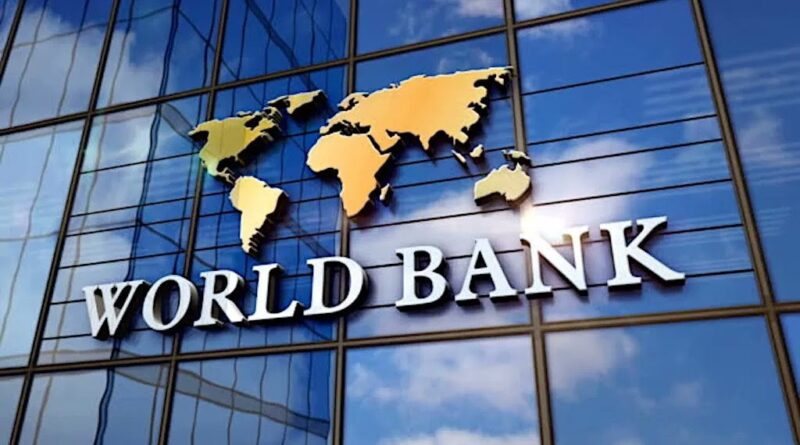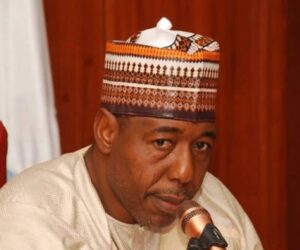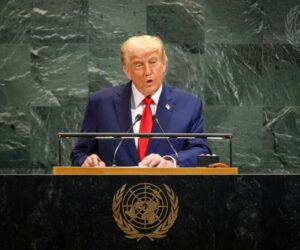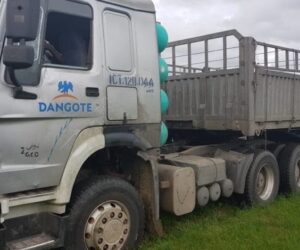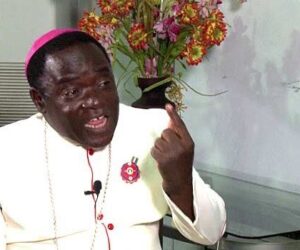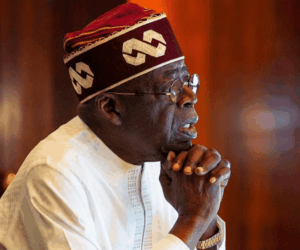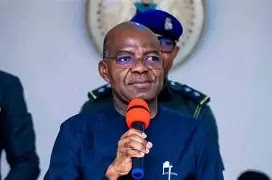The World Bank is on the verge of approving a pivotal $750 million financing package for Nigeria, set for Tuesday, September 30, 2025, to fortify the nation’s digital infrastructure against climate risks and enhance regional health security amid ongoing vulnerabilities.
According to official documents on the World Bank’s website, the loans—sourced from the International Development Association (IDA)—comprise two targeted initiatives.
The flagship $500 million allocation will power the Building Resilient Digital Infrastructure for Growth in Nigeria (BRIDGE) project, a cornerstone effort to extend high-quality, affordable broadband to underserved and rural areas.
With a total estimated cost of $1.6 billion, the project leverages private investments for the balance, aligning seamlessly with Nigeria’s Digital Economy Policy and Strategy (2020–2030).
This strategy prioritizes economic diversification beyond oil dependency, job creation for the youth demographic, and inclusive growth in a country where rural internet penetration hovers below 40%, per Nigerian Communications Commission data.
The BRIDGE initiative emphasizes climate-resilient technologies, including fiber optic expansions, data centers, and last-mile connectivity solutions, to bridge the digital divide affecting over 100 million Nigerians and unlock opportunities in e-health, fintech, digital education, and e-governance.
Complementing this, $250 million will advance Phase II of the Health Security Programme in Western and Central Africa, spotlighting Nigeria as a primary beneficiary.
Drawing lessons from the COVID-19 pandemic, Ebola outbreaks, and recurrent threats like cholera and Lassa fever, the funding will upgrade disease surveillance, laboratory capabilities, emergency response frameworks, and access to essential services.
It fosters regional collaboration to preempt cross-border health crises, supporting Nigeria’s pledge for Universal Health Coverage by 2030 under the UN Sustainable Development Goals.
These loans arrive at a critical juncture for Africa’s most populous nation, home to over 220 million people, where low per-capita healthcare spending and infrastructure gaps exacerbate economic instability.
Urban hubs like Lagos and Abuja boast robust connectivity, but rural disparities hinder progress, while health systems strain under endemic diseases and potential pandemics.
The initiatives resonate with President Bola Tinubu’s vision for tech-driven diversification and resilient public health. As Ndiamé Diop, World Bank Country Director for Nigeria, noted in related briefings, such investments “empower sustainable transformation by intertwining digital innovation with health fortification.”
Finance Minister Wale Edun echoed this, stating, “This concessional support catalyzes jobs, entrepreneurship, and crisis preparedness without straining our fiscal space.”
Yet, the approvals invite debate over Nigeria’s escalating debt—now surpassing $42 billion externally—amid inflation exceeding 30% and naira fluctuations.
Click to signup for FREE news updates, latest information and hottest gists everyday
Advertise on NigerianEye.com to reach thousands of our daily users

